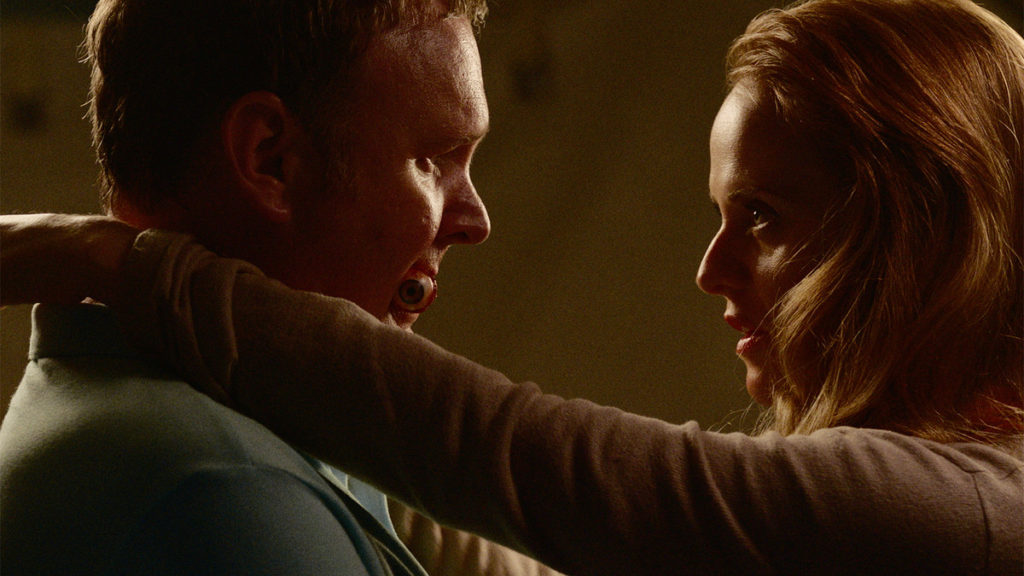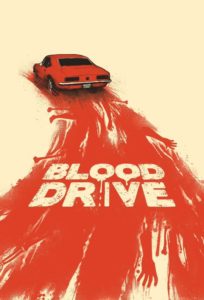 In our new column Deep Focus, TrunkSpace is going behind the camera to talk with the directors, writers, and producers who infuse our world with that perennial pop culture goodness that we can’t get enough of.
In our new column Deep Focus, TrunkSpace is going behind the camera to talk with the directors, writers, and producers who infuse our world with that perennial pop culture goodness that we can’t get enough of.
In the second part of our interview with James Roland, creator, writer, and producer of the SyFy series “Blood Drive,” we’re discussing budgets, crews, and season twos!
(Read the first part of our James Roland interview here.)
TrunkSpace: Another one of the great things about “Blood Drive” is the direction. A great example of this is when Fat Elvis is being butchered in the episode “Welcome to Pixie Swallow.”
Roland: Yeah. That was the brain child of writer, Marc Halsey. He wrote that episode and came up with that. That was very specifically scripted and then David Straiton, our executive producer who directed some of the episodes, just nailed it. That was the goal. We didn’t want to just shoot a standard show that happened to have grosser moments in it and then slap a fake 15mm filter over the top. Because if you notice, we don’t do that. The trailer and the promos did that, but we were more interested in being true to the spirit than just the aesthetics.
What we challenged our directors to do, what David supervised all of the directors and challenged all the other directors to do, was to dig into the specific genres for each episode. Rather than just choosing color, really get into having a frame, why they were edited that way, and why they were effective. I think a lot of shows say, “Hey, we gave our directors creative freedom.” We give our directors A LOT of fucking freedom. That whole episode 6 where Christopher goes into the secret room?
TrunkSpace: Where he meets Julian in the hallway?
Roland: Yeah. And the room is spinning. Not scripted. That was the director and the production designer going, “This is a cool room. How can we make this even more interesting? How do we get it to the next level?” Somebody came up with idea of, “What if there’s throw-up on the floor, the cement, and all over because it makes it all look cooler?”
Then we had an amazing camera operator and he had this rig where you could rotate the camera completely around. We didn’t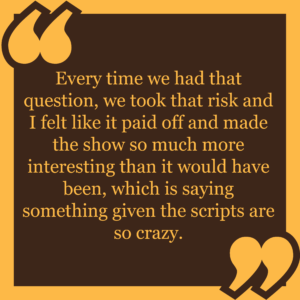 have enough money to get a gimbal, and for people who don’t know what that is, it’s where the whole room rotates upside down. It’s how they did the “A Nightmare on Elm Street” stuff where she’s on the ceiling. We didn’t have that, so that was our cheap, Grindhousey way of doing it and it turned into a really cool, sci-fi driven moment.
have enough money to get a gimbal, and for people who don’t know what that is, it’s where the whole room rotates upside down. It’s how they did the “A Nightmare on Elm Street” stuff where she’s on the ceiling. We didn’t have that, so that was our cheap, Grindhousey way of doing it and it turned into a really cool, sci-fi driven moment.
It was difficult to trust because with a basic, normal scene I can walk on set and say, “I can see what you’re doing. I see how that will come together. Make sure you get the close-up. Make sure you run that character moment.” But for a scene like that it’s like, “Is this going to make any fucking sense?” (Laughter) We took that risk. Every time we had that question, we took that risk and I felt like it paid off and made the show so much more interesting than it would have been, which is saying something given the scripts are so crazy.
TrunkSpace: It’s interesting hearing you mention the budgetary issues because it doesn’t look like a show that was hampered by budgetary constraints.
Roland: We’re in the SyFy channel low-budget model. The show runner is John Hlavin is a mad genius. He also runs “Shooter” for USA. We were going in, before we had officially sold the series, and he cracked a joke. He said, “When we’re up there in the office…” we call it the dark tower on the Universal lot. It’s this big, giant black tower that is very ominous. Anyway, he was like, “When we’re up in that dark tower, what do you do if we’ve got to make this show below our number? Who’s gonna be the first one to jump out the window?”
So we sit down and they hand us a sheet of paper and we see the number that they’re pitching for the budget and it’s barely above the joke number. I mean, barely. I’m the least experienced in the room. I was there with John Hlavin who is a pro. He wrote for “The Shield” and he’s got a long career. And David Straiton who’s this long term producer/director on shows like “Hemlock Grove” and all the Marvel shows. Experienced guys. They just go pale. I’m like, “Uh oh, this is bad.” (Laughter)
Normally shows will have a larger budget pilot and then the rest of the episodes are less, but this is per episode. The pilot was no more expensive than any other episode. The number that I’m quoting is about half of “The Magicians.” This is a lower budget number. What do you do? Do you say, “No, no thank you. I don’t want to make 13 episodes of my own show.” You just say yes and then you figure out how the hell you’re gonna do it.
We’re building this bigger world that we have in our head in a way that we can’t afford. Obviously on a script level, we reduce the amount of racing scenes to every other episode in these concentrated, little moments so that over the course of four to six episodes, people feel like they’re getting a lot of racing. But if you actually go back and look at the show, you don’t get racing every episode. We just couldn’t afford it. You have to get pit stops, which is fine as long as it has that adrenaline feel and we keep the energy up in the pacing of the plotting. It’s still going to feel like we have the momentum so that’s how we get away with that.
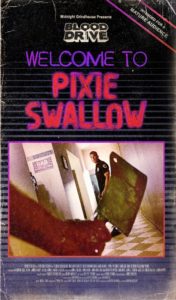 And then it’s, “Okay, we cannot afford all of these actors every episode.” If you listen to Slink, he talks about how the race goes on different paths every day, so that explains why you can’t have The Gentleman and The Scholar in every episode. They go out and they come back in and out of the story, so you can go a couple of episodes without seeing them and then seeing them again. It’s like revisiting old friends. Otherwise the only other answer was to cut out Domi and Cliff and just have The Gentleman and The Scholar or something like that. Even though you’re gonna get more of The Gentleman and The Scholar, you’re also gonna shrink the scope of your world.
And then it’s, “Okay, we cannot afford all of these actors every episode.” If you listen to Slink, he talks about how the race goes on different paths every day, so that explains why you can’t have The Gentleman and The Scholar in every episode. They go out and they come back in and out of the story, so you can go a couple of episodes without seeing them and then seeing them again. It’s like revisiting old friends. Otherwise the only other answer was to cut out Domi and Cliff and just have The Gentleman and The Scholar or something like that. Even though you’re gonna get more of The Gentleman and The Scholar, you’re also gonna shrink the scope of your world.
I think it’s weirdly both a blessing and a curse because from the very first daily of the show, I don’t think the network had any idea how good it was going to look. We were all kind of really blown away, but the curse of that is that they forget that it’s a low budget show.
TrunkSpace: (Laughter) And when you get a second season, you get the same budgets!
Roland: Exactly!
I’m glad that you saw that that. I have worked with a lot of crews. My first career was as an assistant director. I did that for seven years. I worked with damn good crews and non-union crews. As an executive assistant, I worked with some of the best television crews. The South African team rivaled all of them. We would walk onto the sets and my jaw would drop at how intricate the set was.
When I saw what the costume department was doing with Slink and Aki… all of those costumes are handmade, handcrafted, and fitted. The rule was that they never dress the same way twice. Slink never dresses the same way twice, within reason. I think after six or seven episodes, you might see a recycle here or there, but it needs to feel different every time and they pulled that off. If you watch, his top hat is always changing. Those are all made by hand.
TrunkSpace: You hear this a lot in the horror/indie worlds, but sometimes when you’re forced to rethink your budgets and think outside-the-box, that’s when the magic happens.
Roland: Yeah, it’s true. Please don’t let the people with the paycheck hear that, but it’s true. (Laughter)
We talked a lot about that. I love the “Grindhouse” double feature. I love it, but their budget was 40 million dollars. That means that one of those movies, either “Planet Terror” or “Death Proof,” has the budget of our entire season. It kind of forced us to be little bit more grindhouse, for real. There are times when it shows, but those are the moments where we distract you with something shiny, so you’re not looking at the part that didn’t work. (Laughter)
TrunkSpace: How have you guys avoided more conservative groups protesting the show, because it seems like “Blood Drive” would be right up their alley as far as saving us from moral brainwashing?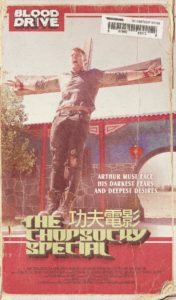
Roland: Yeah, you know, there’s one, but I expected more. There was one website that said advertisers need to pull their ads from the show. I was like, “Yeah, let’s get it started.” I was excited for it.
TrunkSpace: Usually those kinds of protests just bring in more viewers.
Roland: It always helps it. Maybe if we’d gotten more of that, it would’ve been even better for us. My gut tells me it’s because most people get it because we have a sense of humor about it. We don’t consider ourselves a spoof. We never wanted to do spoof. We technically get meta because of the show within a show aspect with Slink. All of it, even with the meta, we always make sure that what Slink says could be true for both the show you’re watching and the show he’s creating within the show.
TrunkSpace: Any word on a season 2 yet?
Roland: We haven’t heard yet. We’re waiting on pins and needles. We’ll see. We’re waiting for the official word, but I hope so. I’m dying, man. We have game plans for season 2 that kind of ups the anti to a new level. It would be amazing to get to do it.


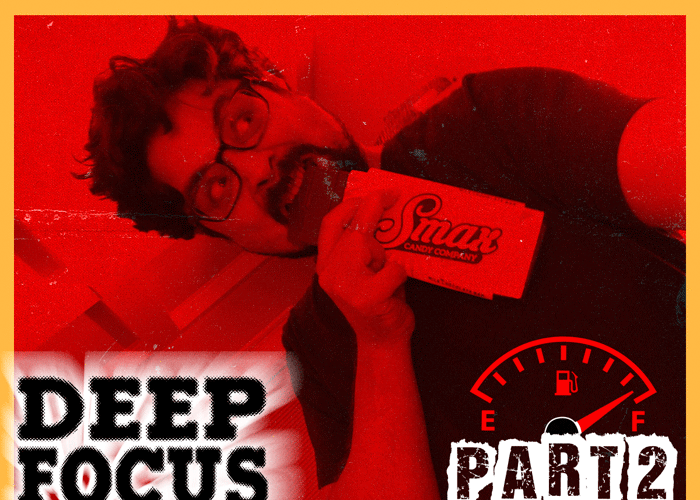
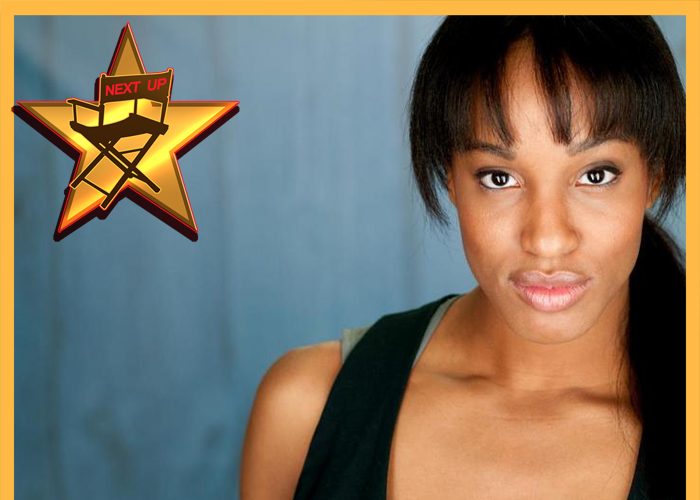
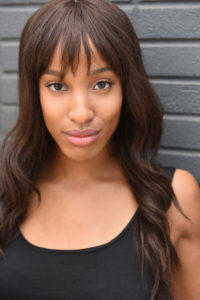 Name: Lina Green
Name: Lina Green
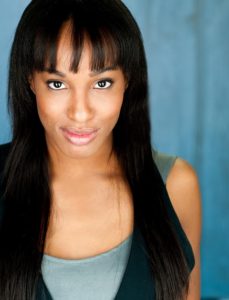 TrunkSpace: Is there a specific type of role you’d like to take on or a specific genre that you feel more at home in?
TrunkSpace: Is there a specific type of role you’d like to take on or a specific genre that you feel more at home in?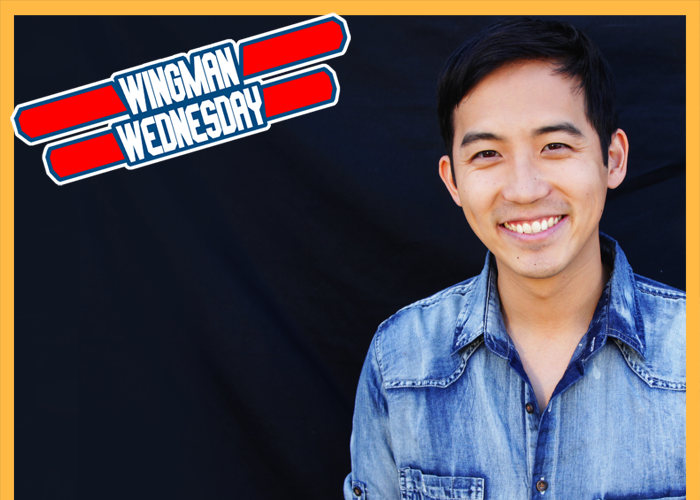
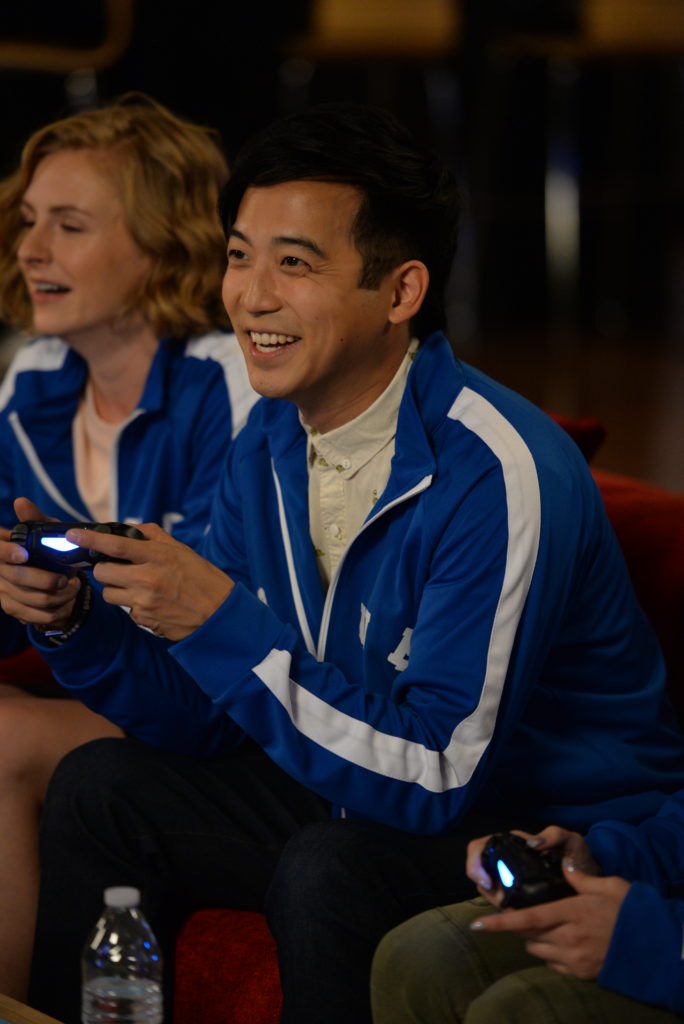 After arriving in Hollywood from Washington to pursue his dreams, aspiring actor Jimmy Wong found it difficult to gain any traction in his career through the audition process alone. While he had reservations about trying to establish his own identity and brand on YouTube, he took a leap of faith in 2010 and began posting videos on his own terms. Before long he was amassing a major following and connecting with viewers by tapping into many of his childhood interests, including music and video games.
After arriving in Hollywood from Washington to pursue his dreams, aspiring actor Jimmy Wong found it difficult to gain any traction in his career through the audition process alone. While he had reservations about trying to establish his own identity and brand on YouTube, he took a leap of faith in 2010 and began posting videos on his own terms. Before long he was amassing a major following and connecting with viewers by tapping into many of his childhood interests, including music and video games.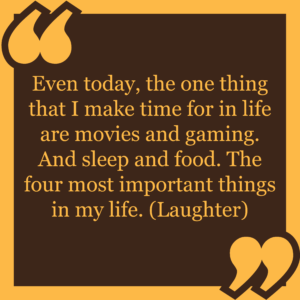 yourself as an actor, you’re literally just focused within that one somewhat small bubble of the entertainment industry.
yourself as an actor, you’re literally just focused within that one somewhat small bubble of the entertainment industry.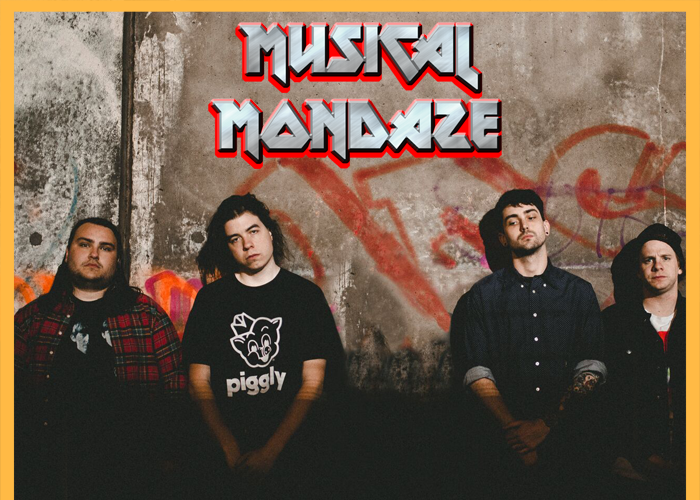
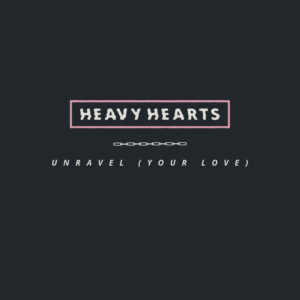 With a nostalgic sound reminiscent of the gritty 90s, the last great decade for mainstream rock recognition, Ontario band Heavy Hearts is carrying the melodic musical torch forward, hoping to return the genre to sweeping significance. With their latest single “Unravel (Your Love)” now available and more new music in in the works, Heavy Hearts is staying busy writing and touring in hopes of reaching as many people and places as possible.
With a nostalgic sound reminiscent of the gritty 90s, the last great decade for mainstream rock recognition, Ontario band Heavy Hearts is carrying the melodic musical torch forward, hoping to return the genre to sweeping significance. With their latest single “Unravel (Your Love)” now available and more new music in in the works, Heavy Hearts is staying busy writing and touring in hopes of reaching as many people and places as possible. other new material was a little different. Davis has a studio in the same building as our practice space and we would go in and record demos of new ideas immediately. Even if it was just a guitar riff, we’d record it and build on the idea from there. I think we all enjoyed that process a lot more and will continue writing songs that way.
other new material was a little different. Davis has a studio in the same building as our practice space and we would go in and record demos of new ideas immediately. Even if it was just a guitar riff, we’d record it and build on the idea from there. I think we all enjoyed that process a lot more and will continue writing songs that way.
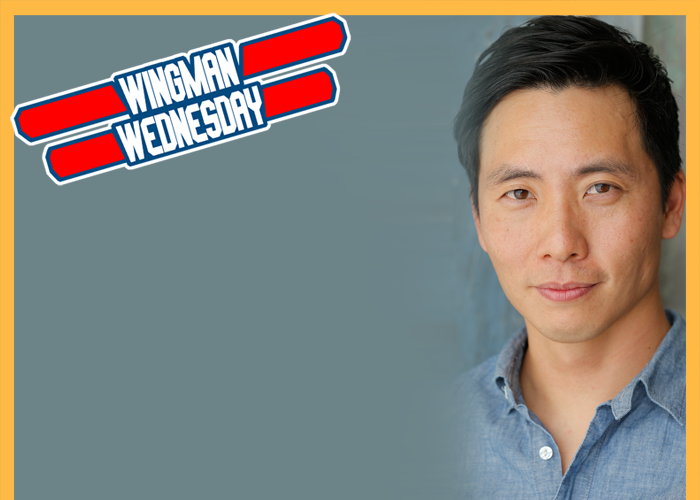
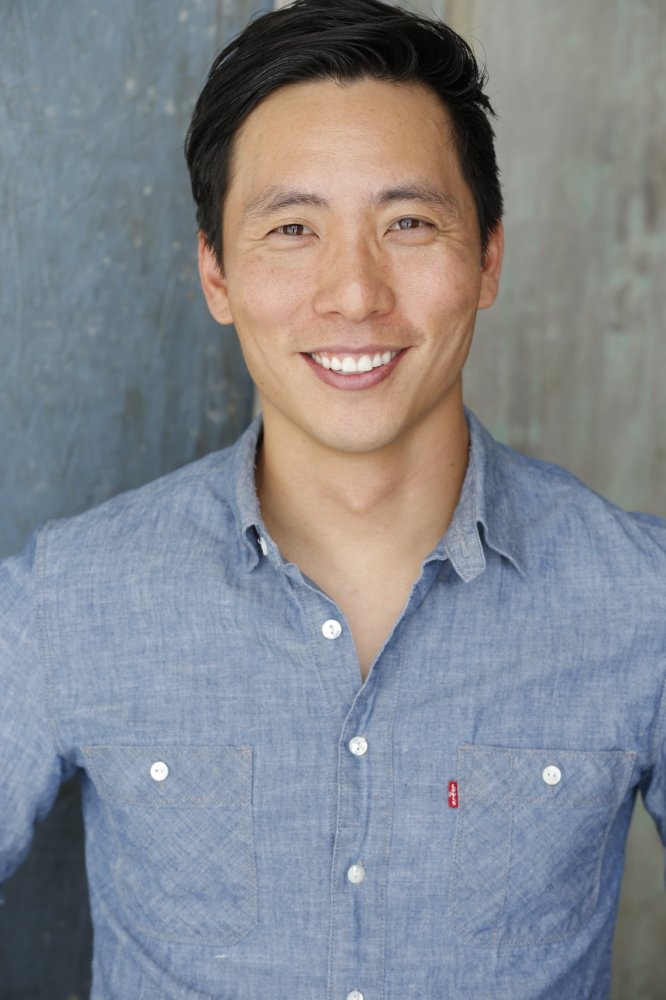 Kelvin Yu has been making television viewers laugh in two very different ways. As a writer and producer of “Bob’s Burgers,” he has helped bring the animated Belcher family to life by shaping their personalities and giving them each their own distinctly unique point of view. As an actor on the Netflix series “Master of None,” he portrays the affable Brian, bringing fervency and cinematic composure to each scene that he appears in. Separate they would be two impressive career paths, but together, it’s lightening in a bottle with Yu as Zeus, bolt in hand.
Kelvin Yu has been making television viewers laugh in two very different ways. As a writer and producer of “Bob’s Burgers,” he has helped bring the animated Belcher family to life by shaping their personalities and giving them each their own distinctly unique point of view. As an actor on the Netflix series “Master of None,” he portrays the affable Brian, bringing fervency and cinematic composure to each scene that he appears in. Separate they would be two impressive career paths, but together, it’s lightening in a bottle with Yu as Zeus, bolt in hand.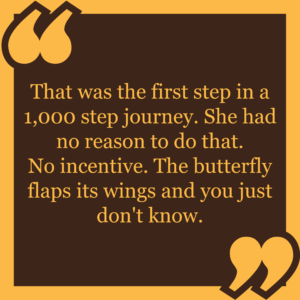 understand how informative and pivotal they can be in a young person’s life.
understand how informative and pivotal they can be in a young person’s life.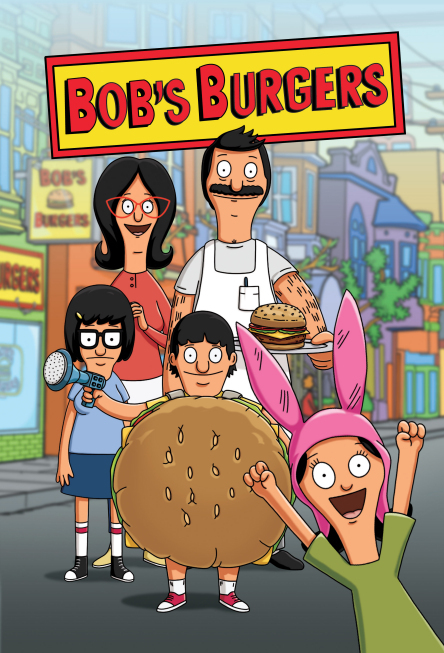
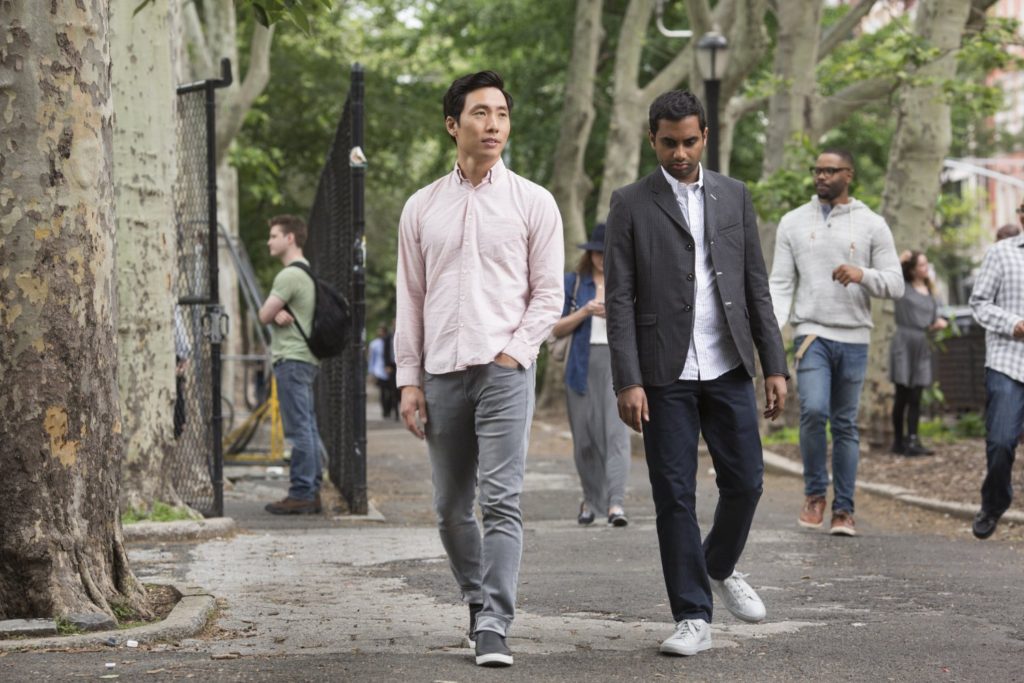

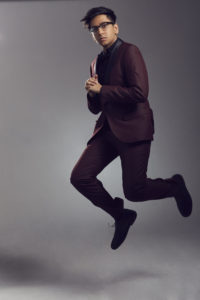
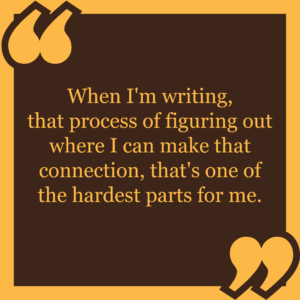 I can make that connection, that’s one of the hardest parts for me. But also, the most exciting part and the most fun part. It sounds really cheesy, but it has taught me how similar we all are.
I can make that connection, that’s one of the hardest parts for me. But also, the most exciting part and the most fun part. It sounds really cheesy, but it has taught me how similar we all are.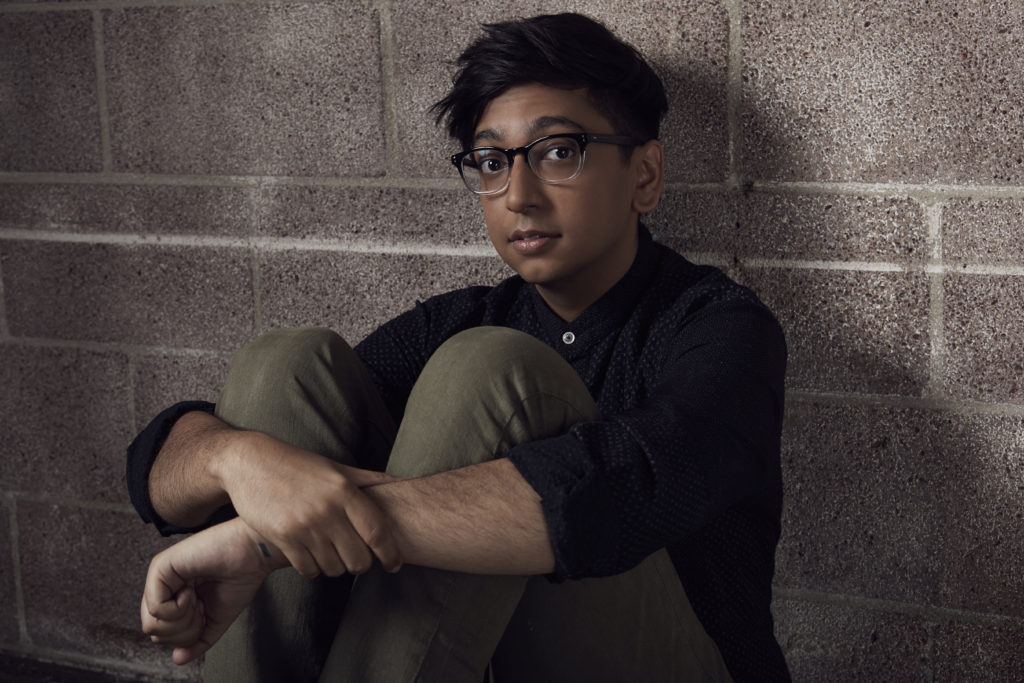
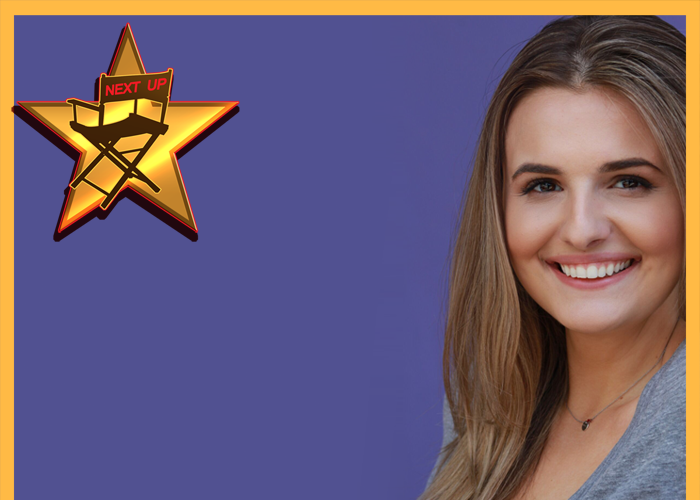
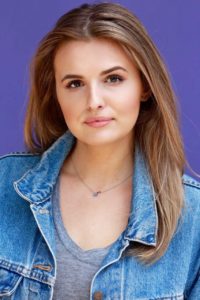 Name: Marinela Zubovic
Name: Marinela Zubovic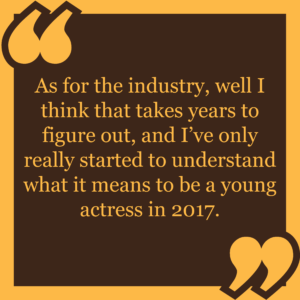
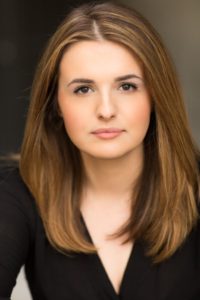 TrunkSpace: What would you say is the greatest strength an actor/actress can have outside of acting ability itself?
TrunkSpace: What would you say is the greatest strength an actor/actress can have outside of acting ability itself?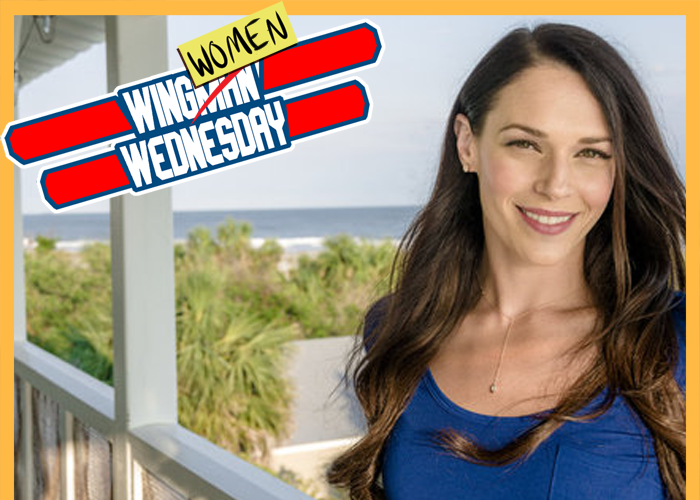
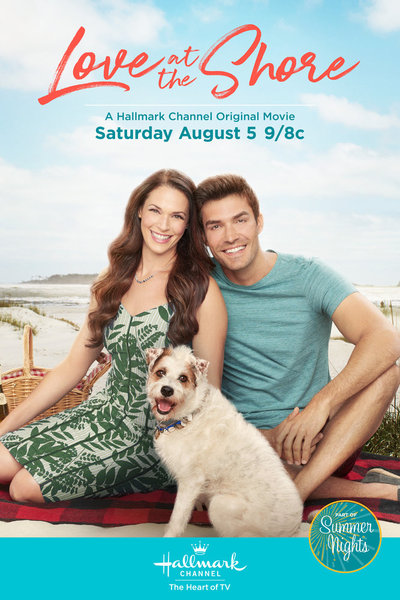
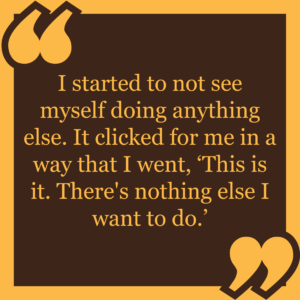 That all gets kind of cracked open. It opens her eyes to a new avenue. There’s something really lovely about that journey, and I think everybody can kind of relate to it.
That all gets kind of cracked open. It opens her eyes to a new avenue. There’s something really lovely about that journey, and I think everybody can kind of relate to it. 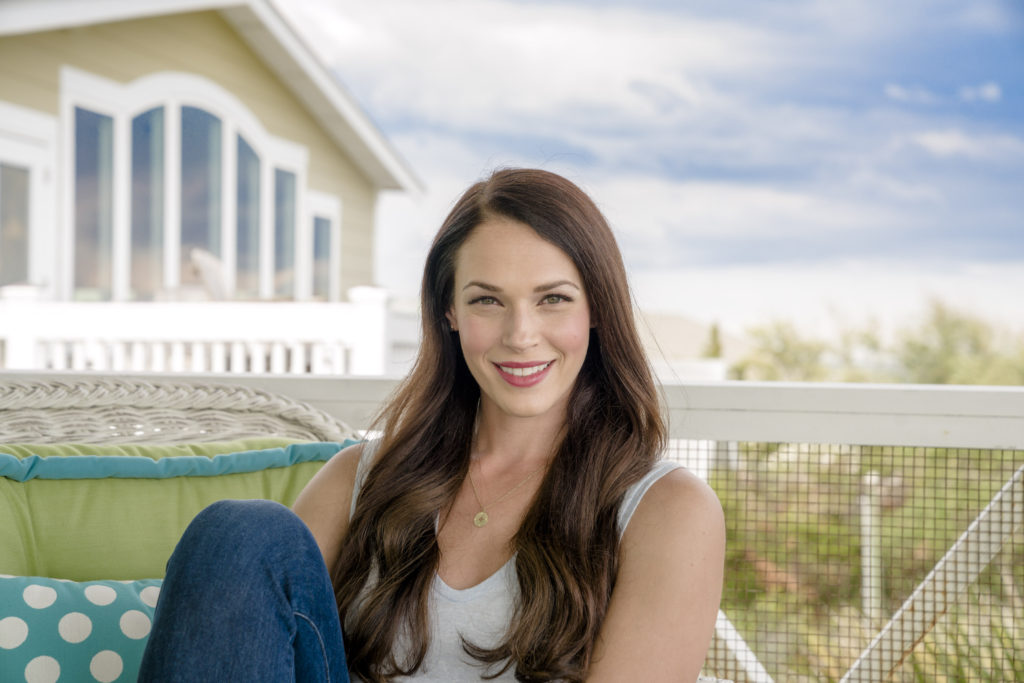
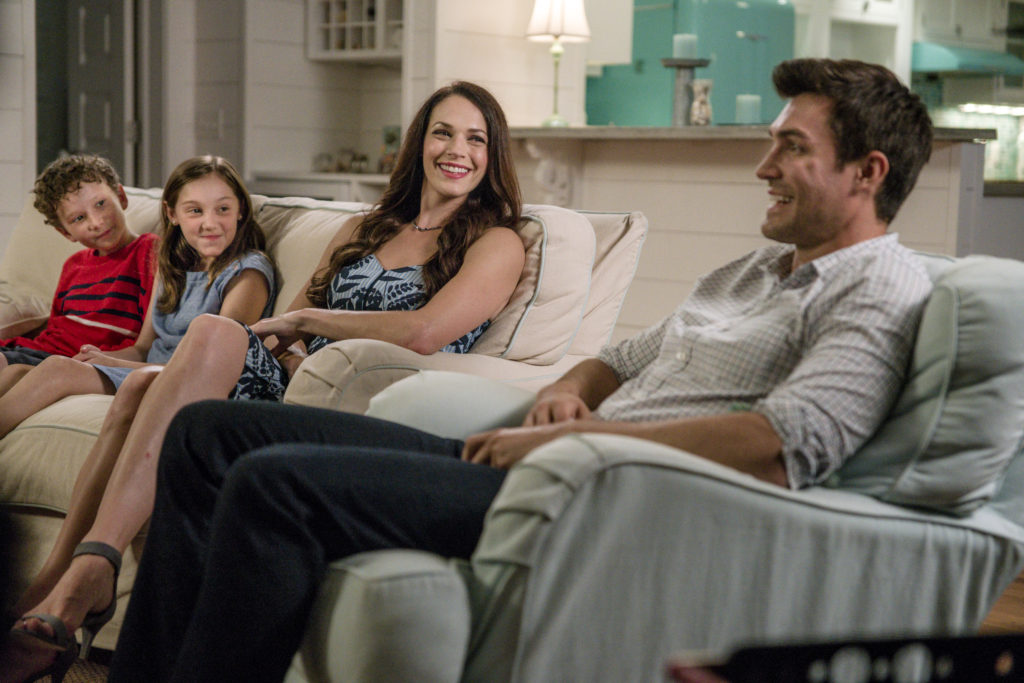
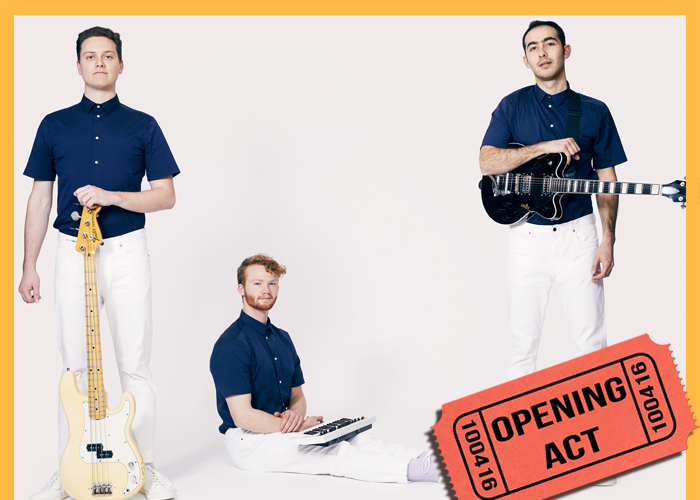
 Artist/Band
Artist/Band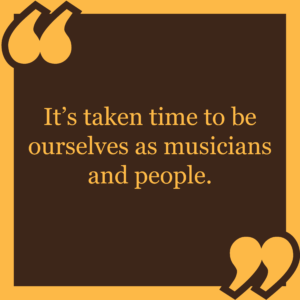
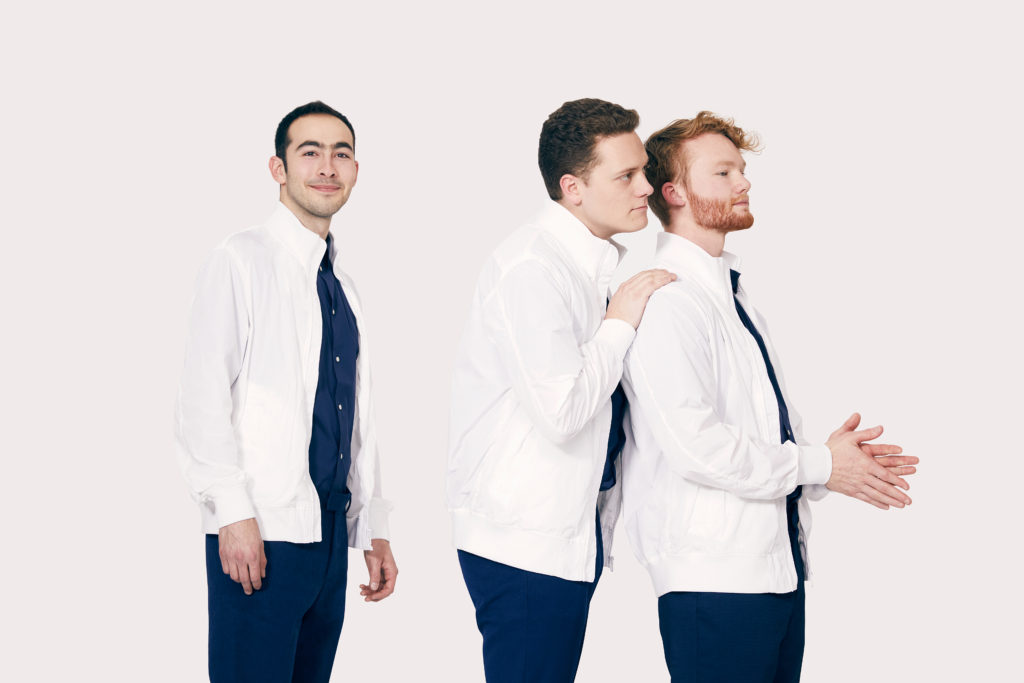
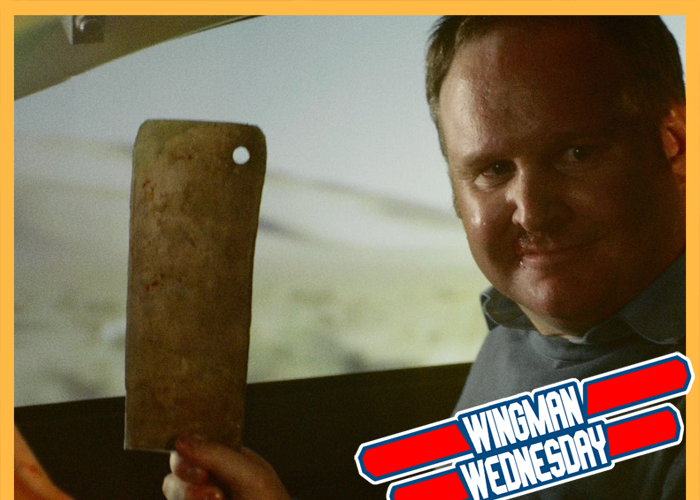
 There have been plenty of talented people with the name Jackson who have left their mark on pop culture. Michael Jackson, the King of Pop, is an obvious one. Randy Jackson, the “American Idol” judge and record producer who made “dawg” a household phrase. Shoeless Joe Jackson, the famed and shamed professional baseball player who later became fictionalized in “Field of Dreams.” And Samuel L. Jackson, the iconic “Pulp Fiction” actor who once had to fight motherfucking snakes on a motherfucking plane.
There have been plenty of talented people with the name Jackson who have left their mark on pop culture. Michael Jackson, the King of Pop, is an obvious one. Randy Jackson, the “American Idol” judge and record producer who made “dawg” a household phrase. Shoeless Joe Jackson, the famed and shamed professional baseball player who later became fictionalized in “Field of Dreams.” And Samuel L. Jackson, the iconic “Pulp Fiction” actor who once had to fight motherfucking snakes on a motherfucking plane.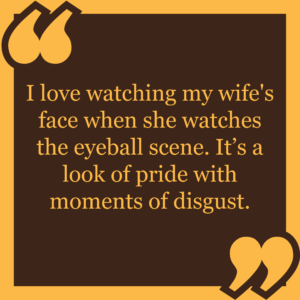 obvious first question. (Laughter) Did you ever wonder if the material you were working on in
obvious first question. (Laughter) Did you ever wonder if the material you were working on in 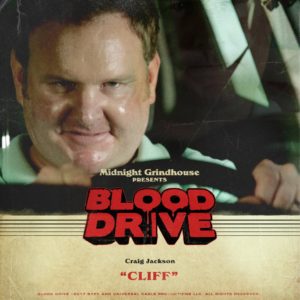 TrunkSpace:
TrunkSpace: 